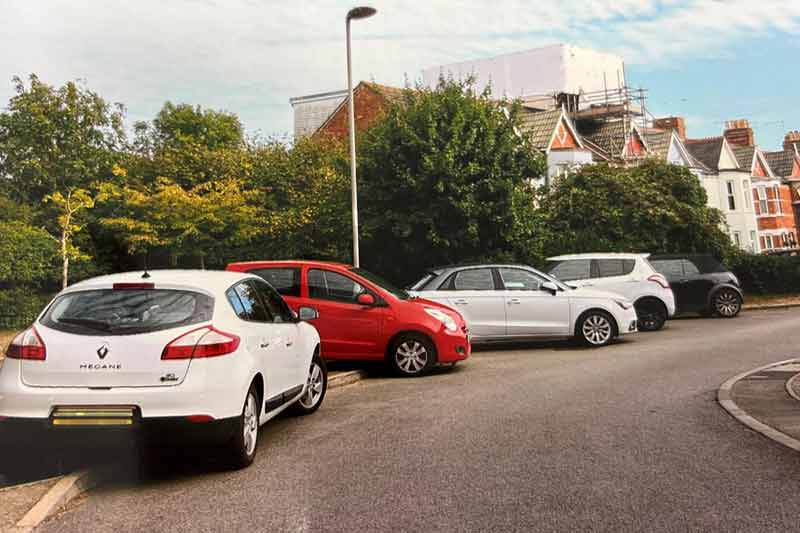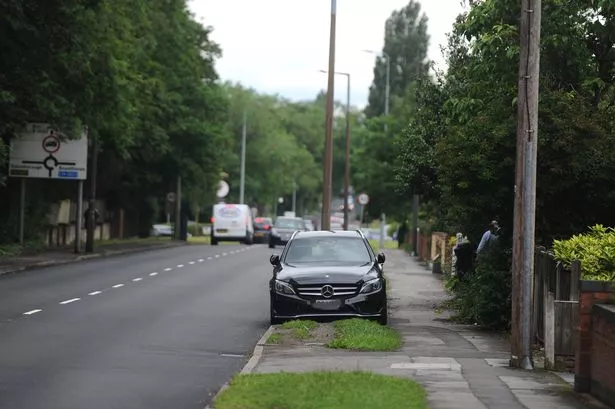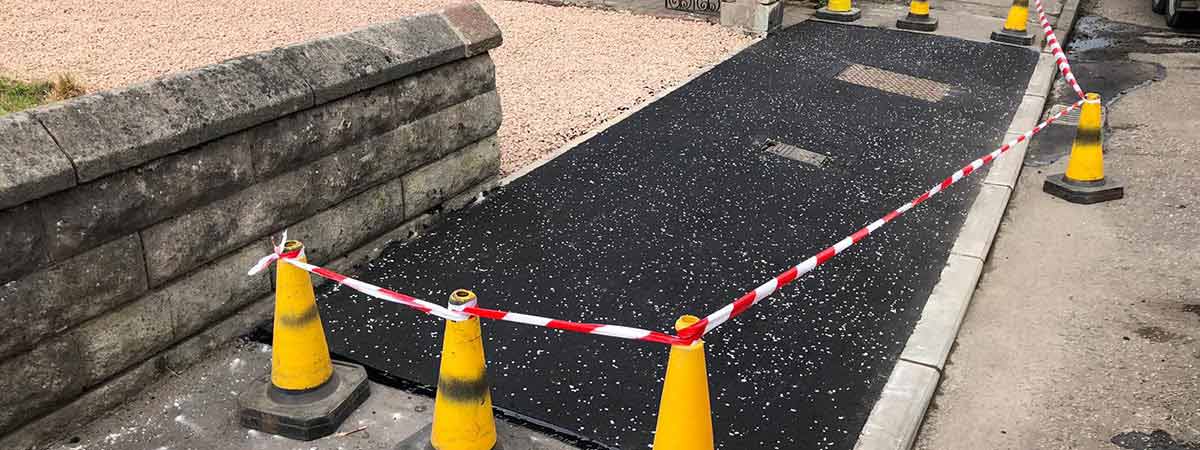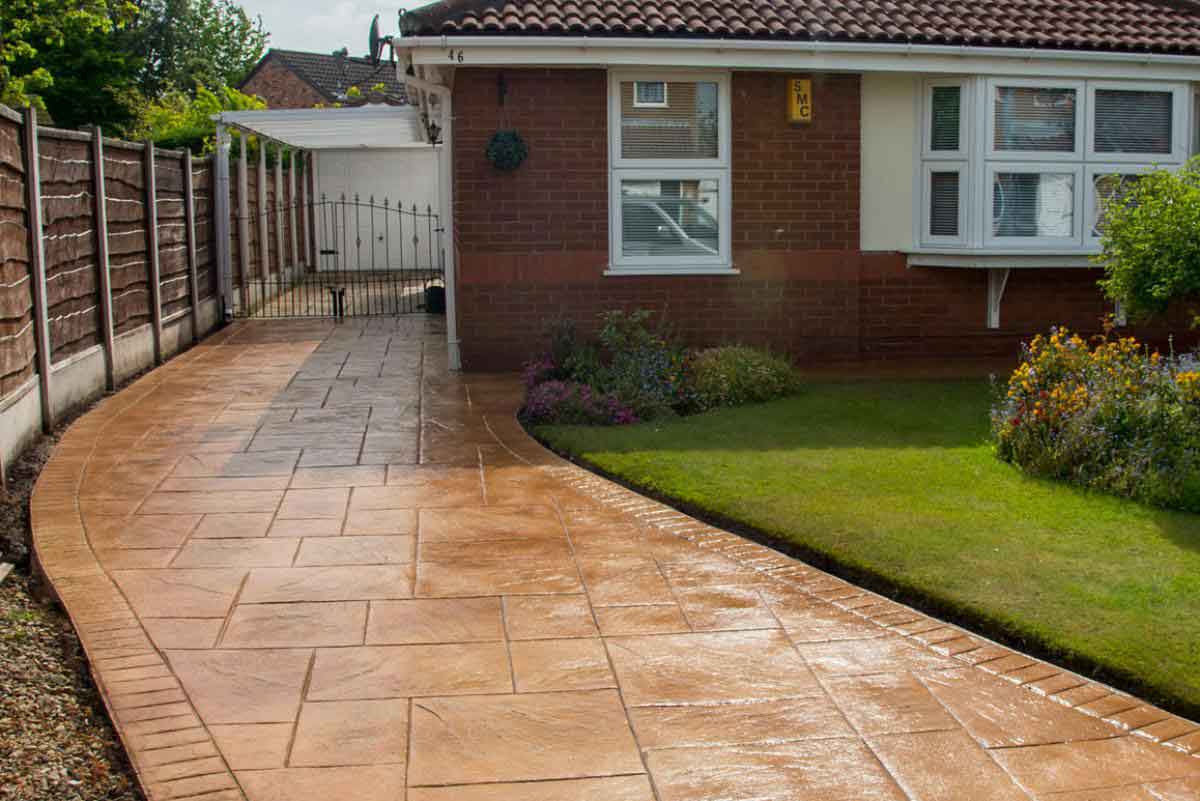Have you ever wondered if you can legally park on a grass verge? Well, the answer is not as straightforward as you might think. In this article, we will delve into the legal restrictions surrounding parking on a grass verge and explore the potential consequences that you may face.
Before making any decisions, it’s important to consider various factors and alternatives that could help ensure compliance with the law. So, let’s dive in and uncover the truth about parking on a grass verge.
Understanding the Legal Restrictions
You can’t legally park on a grass verge. When it comes to parking, there are specific legal requirements that must be followed. In many jurisdictions, parking on a grass verge is strictly prohibited by law. This is because grass verges serve an important environmental purpose and parking on them can have detrimental effects.
One of the primary legal requirements for parking on a grass verge is that it must not obstruct the flow of traffic or endanger pedestrians. Additionally, some areas may require permits or authorisations for parking on any type of roadside area.
In terms of the environmental impact, parking on a grass verge can damage the vegetation and soil structure. The weight of vehicles can compact the soil and create bare patches where grass may struggle to grow back. Furthermore, oil leaks from parked cars can contaminate the soil and harm nearby plants and wildlife.
Understanding these legal restrictions and considering the potential environmental impact is crucial in order to preserve our natural surroundings and maintain safety on our roads.

Potential Consequences of Parking on a Grass Verge
Be aware of the potential consequences if you decide to go ahead and park on a grass verge. While it may seem like a convenient spot, there are several reasons why this practice should be avoided.
Firstly, parking on a grass verge can have a significant environmental impact. The weight of your vehicle can compact the soil, making it difficult for water to penetrate and affecting the ecosystem below ground. Additionally, the constant traffic from parked vehicles can lead to erosion and damage to the grass, disrupting its natural growth and reducing its ability to absorb pollutants.
Lastly, parking on a grass verge is often considered illegal in many areas and can result in fines or penalties. It’s important to be mindful of these consequences and choose alternative parking options whenever possible.
- Soil compaction
- Erosion
- Damage to grass
- Reduced ability to absorb pollutants
- Legal consequences
Factors to Consider Before Parking on a Grass Verge
Consider the potential factors before deciding to park on a grass verge.
Parking on a grass verge may seem convenient, but it is important to evaluate the environmental impact and potential property damage that could result from such an action.
When parking on a grass verge, you need to be aware that the weight of your vehicle can cause soil compaction, leading to poor drainage and root damage for nearby plants.
Additionally, if the ground is wet or soft, your vehicle may sink into the ground or leave deep tyre tracks. This not only damages the vegetation but also creates unsightly patches of mud or dead grass.
Moreover, parking on a grass verge can potentially damage underground utilities such as water pipes or electrical cables if they are not properly marked.
Therefore, it is crucial to consider these factors and weigh them against any perceived convenience before making a decision.
Alternatives to Parking on a Grass Verge

There’s a variety of alternative parking options available that can prevent damage to the grass verge.
Instead of parking on the grass, consider these alternatives:
- Use designated public parking lots nearby.
- Look for street parking spaces in residential areas.
- Take advantage of parking garages or multi-story car parks.
- Use public transportation or ride-sharing services to avoid the need for parking altogether.
- Plan your trip ahead and book a spot at a private parking facility.
By choosing any of these alternatives, you not only show good parking etiquette but also help preserve the greenery and aesthetics of the grass verge. Public parking options are often conveniently located and provide a safer and more secure option for your vehicle.
Let’s be responsible parkers and embrace these alternatives that benefit everyone in our community. Do You Own The Pavement Outside Your House?
To Conclude
In conclusion, it’s crucial to understand the legal restrictions and potential consequences before parking on a grass verge. While it may seem convenient, there are factors to consider. These include damage to the environment and potential fines. It’s always best to explore alternatives, such as designated parking areas or seeking permission from the relevant authorities.
As the saying goes, ‘Better safe than sorry.’ Taking these precautions will ensure a smoother and trouble-free parking experience for all involved parties.
Call us to get a price quote on a drop-kerb. Contact us today on 07595 510190 to receive a free quote or visit our website.



